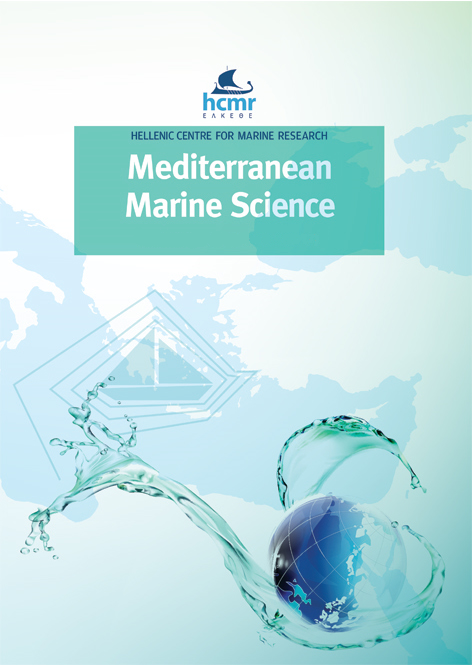An approximate assessment of the production levels of the Italian fishing fleet in the Mediterranean Sea during selected years in comparison with the analogous previous estimates
Résumé
During the past two decades, the organization Sea Around Us (based at the Fisheries Centre in British Columbia, Canada) has been carrying out the relevant task of reconstructing national statistics on marine fisheries for almost all countries and territories to fill information gaps and correct the general trend of severe underestimation of the “true” level of catches, discards and landings.
A recent reconstruction of this kind showed that the annual catches by the Italian fleet fishing in the Mediterranean Sea had been presumably underestimated during most of the 1950-2010; in the 1970-1995 sub-period, they would have ranged from 0.7-1.1 million metric tons per year. However, comparisons with the landings for the few years for which there are “independent” estimates (i.e., not based on official statistics) show that many more bivalve molluscs and fewer “small pelagics” were caught and that the highest annual outputs reported by Sea Around Us should be presumably cut by 25%-35%.
Article Details
- Comment citer
-
ROMANELLI, M. (2020). An approximate assessment of the production levels of the Italian fishing fleet in the Mediterranean Sea during selected years in comparison with the analogous previous estimates. Mediterranean Marine Science, 21(1), 216–221. https://doi.org/10.12681/mms.20671
- Numéro
- Vol. 21 No 1 (2020)
- Rubrique
- Short Communication
Authors who publish with this journal agree to the following terms:
- Authors retain copyright and grant the journal right of first publication with the work simultaneously licensed under a Creative Commons Attribution Non-Commercial License that allows others to share the work with an acknowledgement of the work's authorship and initial publication in this journal.
- Authors are able to enter into separate, additional contractual arrangements for the non-exclusive distribution of the journal's published version of the work (e.g. post it to an institutional repository or publish it in a book), with an acknowledgement of its initial publication in this journal.
- Authors are permitted and encouraged to post their work online (preferably in institutional repositories or on their website) prior to and during the submission process, as it can lead to productive exchanges, as well as earlier and greater citation of published work (See The Effect of Open Access).





